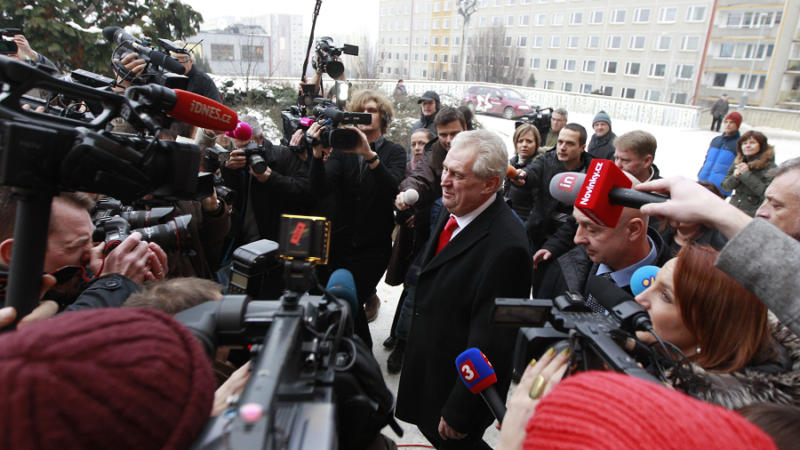- Category: Article
According to the latest Eurobarometer, the people of Slovakia consider the situation on the international scene to be the Union's biggest challenge. Less than half like the idea of enlarging the bloc. After Slovaks, no one in the EU has a more negative attitude towards the common migration policy.
- Category: Article
Investing in the complex media literacy programmes for the public, specialized programmes for the media and non-journalists, political elites, but also for the law enforcement agencies is essential, according to Slovak and Czech experts. It could eventually strengthen the resilience of wider society in the fight against disinformation.
- Category: Article
Disinformation online media are funded by advertising, as well. If the companies order it via agencies, they may not even know what websites it will end up on. The advertising budgets of the "Western" companies may thus help spread the Russian propaganda.
- Category: Article
The Vrbětice case resonated strongly in the Czech and Slovak (dis)information space. The disinformation narratives were predominantly pro-Russian or anti-Western in character and were also spread by political actors, states an analysis by the European Values think tank.
- Category: Article
Information spaces in the Czech and Slovak Republics operate independently, says a new Czechoslovak study. The organic spread of disinformation narratives due to linguistic proximity and shared incentives plays a more significant role than a formal cooperation and coordination between disinformation actors.





